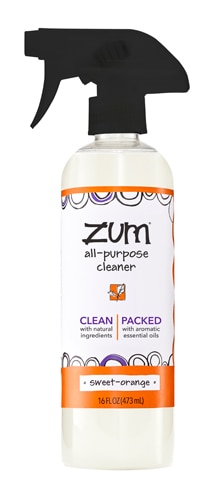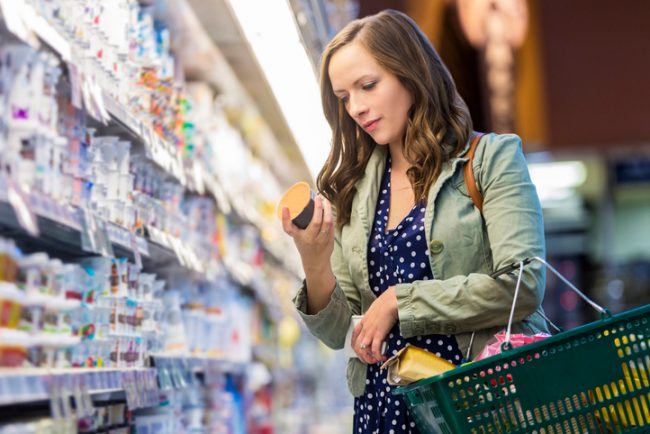Food recalls are on the rise, and it seems there is nowhere to hide. Such recalls have doubled in the U.S. since 2002, according to a study released last year by Swiss Re.
Shopping some of America's biggest food retailers and food manufacturers is no guarantee you'll stay safe. In recent weeks, recalls have included:
- Whole Foods Market PB&J Parfaits jars that contained undeclared soy and tree nut allergens
- Publix Super Markets Publix Tropical Medley Mix that was possibly adulterated with Listeria monocytogenes
- Mars Galaxy, Minstrels and Maltesers Teasers that might have been contaminated with salmonella.
Several factors are behind the spike in food recalls, says Cindy Rice, a registered sanitarian at Eastern Food Safety, a food safety training company in Braintree, Massachusetts.
For starters, businesses increasingly are testing the products they make in hopes of catching contaminations or hazards that mistakenly occur during processing.
"These hazards could be bacteria, or physical hazards such as metal fragments, plastic pieces that inadvertently have gotten into the food item during the production process, or packaging," Rice says. If something is discovered, a product recall takes place.
In addition, the U.S. Department of Agriculture and the Food and Drug Administration are doing more inspections of food production facilities and testing samples of products for safety.
Rice says some types of foods that have been recalled in the recent past include:
- Raw sprouts contaminated with listeria or salmonella bacteria
- Lettuce and spinach contaminated with E. coli bacteria
- Ice cream and hummus contaminated with listeria
- Peanut butter contaminated with Salmonella
- Frozen berries contaminated with hepatitis A
Allergens and food recalls
One unexpected – but commonplace -- source of recalls is the failure of manufacturers to list allergens on food labels. In fact, more than half of food recalls occur because of undeclared allergens on the ingredient label, Rice says. FDA labeling regulations require such allergens to be listed.
One example is a food product that contains eggs not listed on the ingredient label on the package, such as in the case of the Texas Legend Foods recall.
"The food would need to be recalled to prevent allergic reactions from some unsuspecting consumer," Rice says.
The eight major allergens required to be listed on an ingredient label are:
- Dairy
- Eggs
- Soy
- Wheat
- Tree nuts
- Peanuts
- Fish
- Shellfish
There is one more reason we hear more about recalls today, Rice says.
"The media is paying more attention to reporting food recalls, which is why it seems like food may be recalled more often," she says. "They are getting more notoriety."
Keeping your family safe from contaminated foods
To keep your family safe from contaminated foods, Rice suggests keeping an eye on the federal government's Foodsafety.gov website, which lists foods that have been recalled.
"It is very user friendly for consumers," Rice says. "Recalls are updated daily, with the reasons why and health risks if consuming."
She notes that many supermarkets will use courtesy cards to contact consumers who have purchased a recalled food item. "That is a great service to the public," she says.
She also says the media's increased focus on the issue "is a good thing, so that the public is aware and can avoid consuming these recalled products."
Finally, you can take steps within your home to try to keep foods safe. They include:
- Washing your hands before preparing foods, before eating, and after touching raw meats and eggs.
- Cleaning your surfaces after preparing foods, especially raw meats.
- Refrigerating foods promptly after shopping, and promptly refrigerating leftovers after eating. Don’t leave perishable foods out at room temperature for more than two hours.
- Cooking foods thoroughly to proper internal temperatures. Doing so will kill harmful bacteria that naturally come in most foods.
"The public needs to take responsibility for their own food safety at home," Rice says. "The government cannot protect them from everything."




